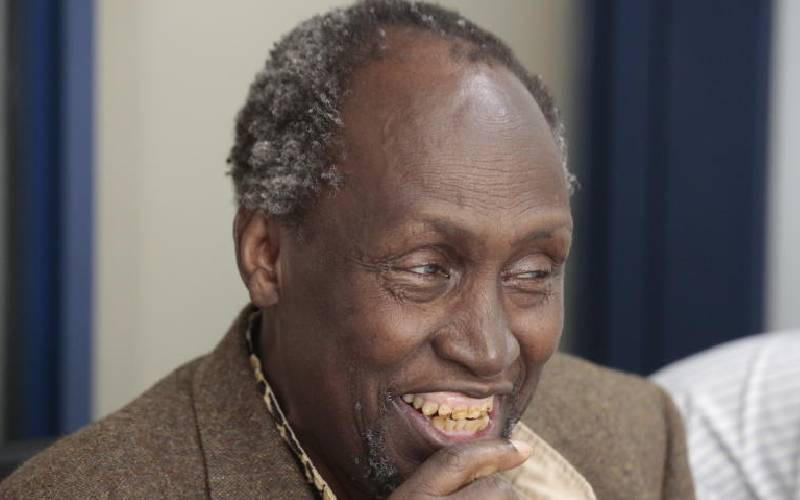×
The Standard e-Paper
Fearless, Trusted News

January 5, 2023, marked the 85th birthday of arguably Kenya's foremost man of letters, Ngugi wa Thiong'o.
Born James Ngugi in 1938, in Kamiriithu, Kiambu County, he is Kenya and East Africa's most venerable author, with a rich literary oeuvre that spans novels, plays, short stories, essays and children's books.